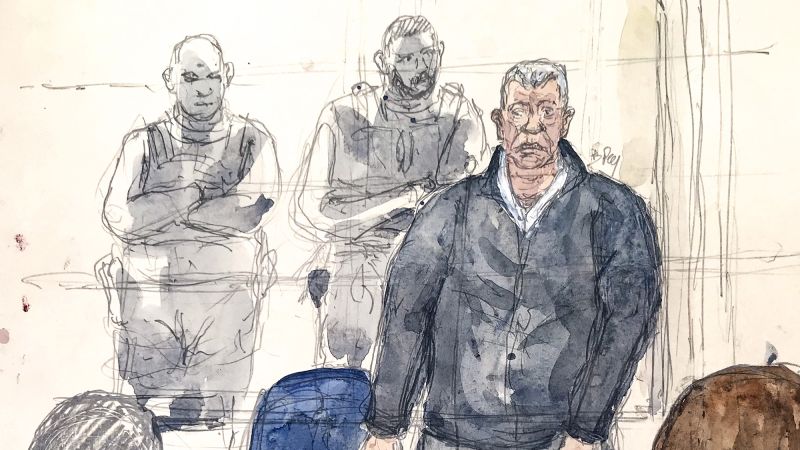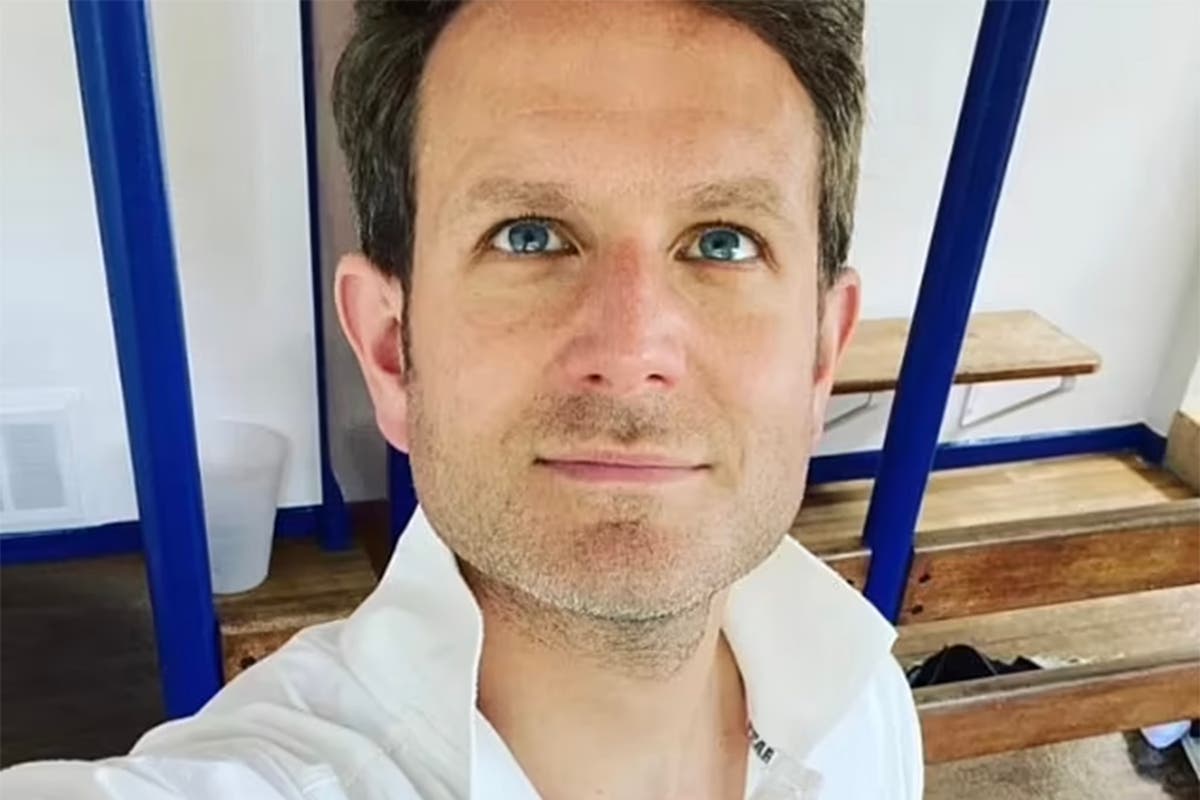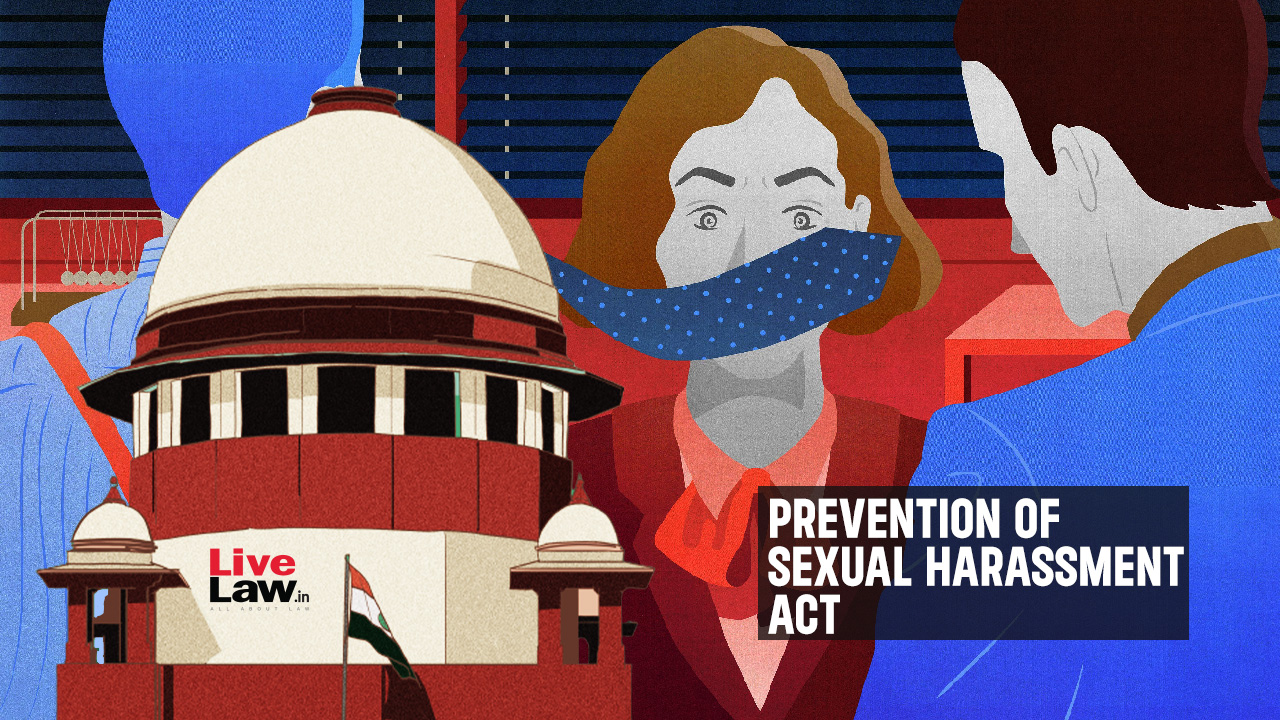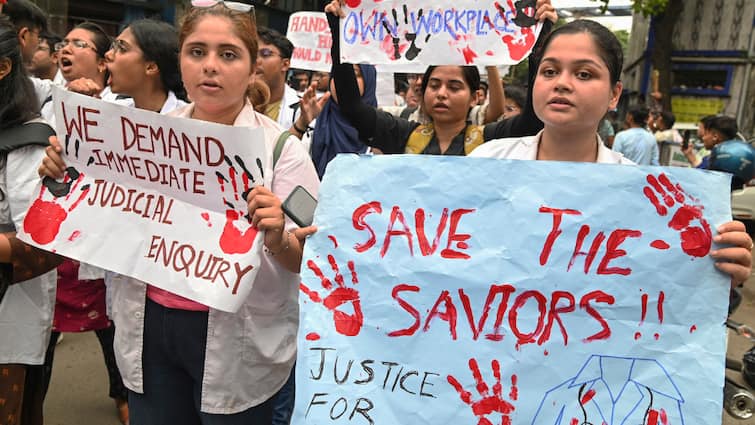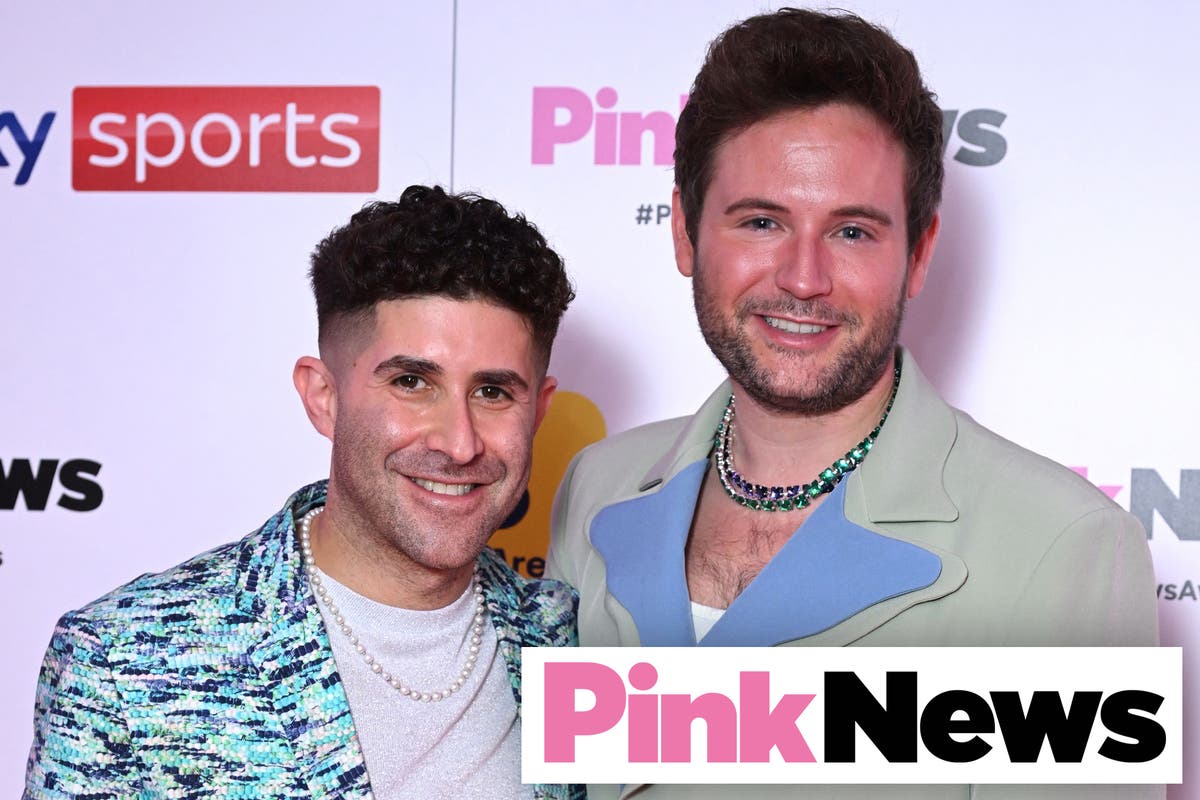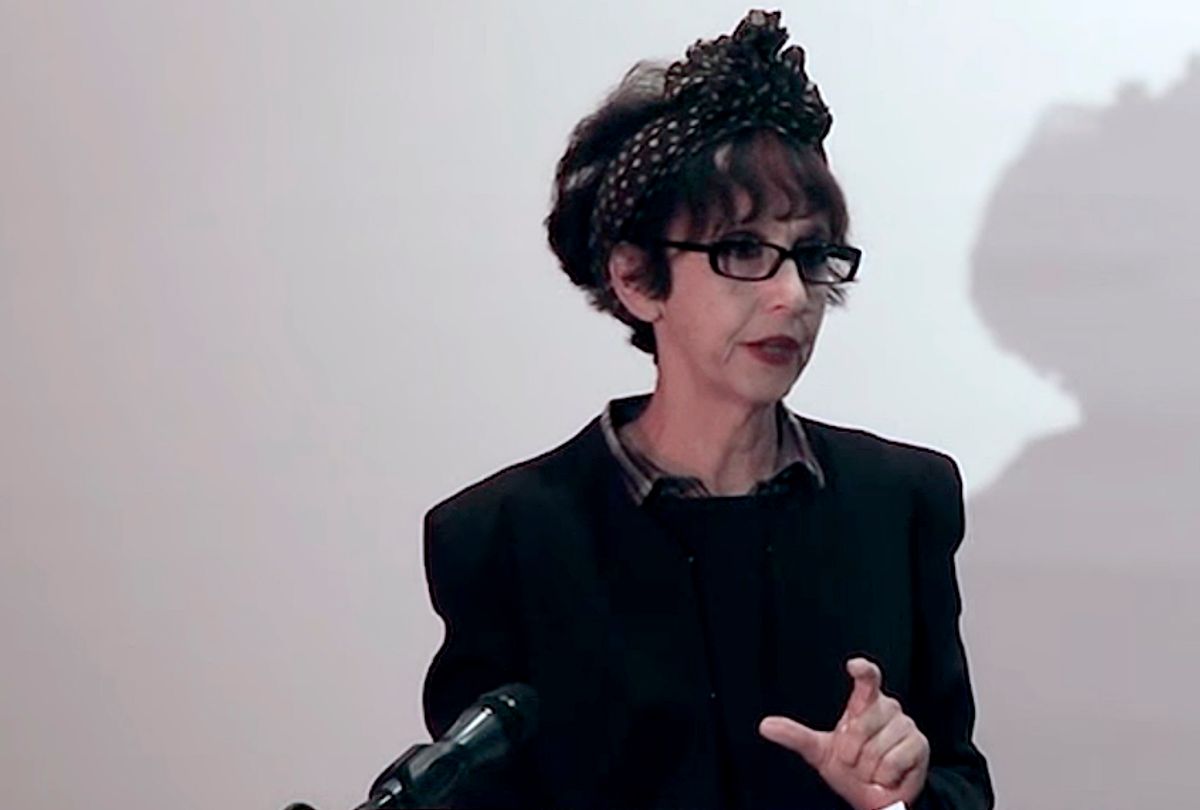
When a woman is accused of sexual misconduct: The strange case of Avital Ronell
SalonFrom the first accusations against Harvey Weinstein and the explosion of the #MeToo movement — which has ended or altered the careers of many powerful men in business, culture and politics — an unanswered question has hung in the air: What would happen when a prominent woman was accused of sexual harassment? They praised her “brilliant scholarship” and “intellectual commitment” and asked “that she be accorded the dignity rightly deserved by someone of her international standing and reputation.” The letter concluded with a veiled threat that if Ronell were to face any significant punishment, “the injustice would be widely recognized and opposed.” As Wang and everyone else who has written about l’affaire Ronell has noted, it all sounded way too much like the defensive arguments mounted to justify the abusive behavior of powerful men: They’re exceptional people, it was all a misunderstanding, genius can’t be asked to conform to social rules and anyway the accuser is untrustworthy. That glaring hypocrisy is the main reason why an otherwise minor academic scandal made the front page of the New York Times last week, in a feature story that offered lurid details of Reitman’s allegations against Ronell, including an episode when he says she “pulled him” into bed in her Paris apartment during a 2012 visit: “She put my hands onto her breasts, and was pressing herself — her buttocks — onto my crotch,” he said. In the first published version of this article, I proposed that notion of justice as the best way to decode University of Texas professor Diane Davis’ statement to the New York Times that the Ronell case represented a perversion of Title IX and the #MeToo movement, in which “this incredible energy for justice is twisted and turned against itself.” In a subsequent email to Salon, Davis said that was not accurate. Sexual orientation has been proposed as a mitigating factor: Reitman is a gay man and Ronell identifies as a “queer woman,” and she has said that what he interpreted as inappropriate sexual come-ons were actually “florid and campy communications” rooted in their overlapping identities, or “hyperbolic gay dialect.” Žižek has similarly suggested that Ronell’s “eccentricities” and deliberately provocative personal mannerisms posed a challenge that politically correct American academia couldn’t handle.
History of this topic

‘Unsafe, violated and powerless’: The teenage girls suffering vile sexual harassment on the street
The Independent
Sexual harassment victims ‘less likely to be believed if they are seen as less feminine’
The Independent![Sexual Harassment At Workplace Is An Affront to Women's Fundamental Rights: SC [Read Judgment]](https://www.livelaw.in/h-upload/2020/02/07/369946-justice-dy-chandrachud-and-justice-ajay-rastogi.jpg)
Sexual Harassment At Workplace Is An Affront to Women's Fundamental Rights: SC [Read Judgment]
Live Law
Opinion | Crimes against women going unpunished
Live Mint
The sexual harassment we don’t talk about (Opinion)
CNNDiscover Related



